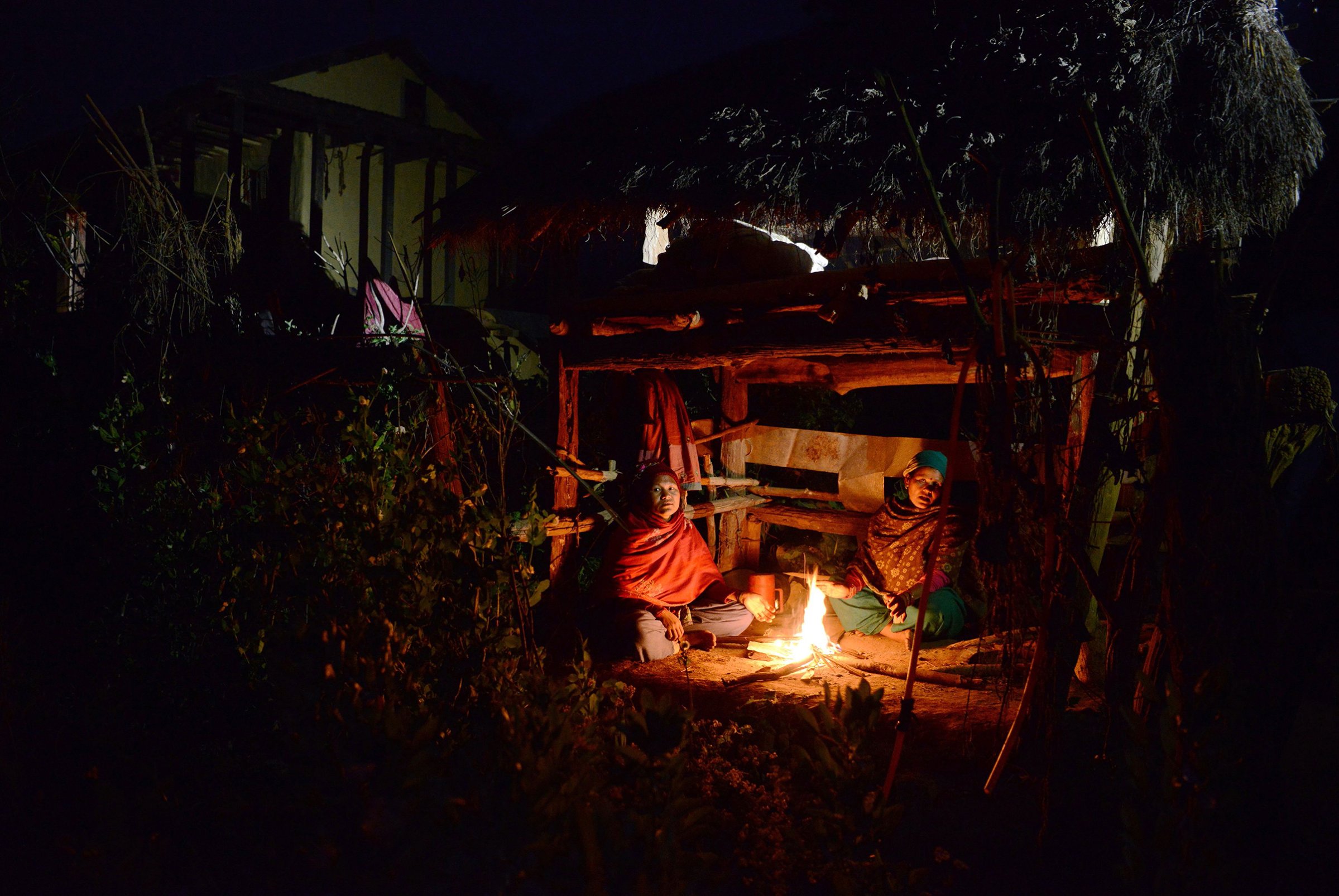
On Aug. 9, Nepal criminalized the practice of relegating women to huts when they are menstruating. The new law, which comes into effect in August 2018, stipulates that anyone enforcing the custom, known as chhaupadi, will face a three-month jail sentence and a fine. Here’s more.
HISTORICAL CUSTOM
Ancient Nepalese tradition dictates that women must be sequestered to small animal sheds outside their homes during menstruation or after childbirth, as they are considered to be impure. For a couple of days to a month, women are barred from entering homes and temples and are forbidden to touch men, cattle or some foods.
STILL WIDESPREAD
Nepal’s supreme court ruled that chhaupadi was illegal in 2005, but the ban has been widely flouted. According to a ’10 local government survey, one-fifth of all women ages 15 to 49 were banished during their periods, including up to 50% in the mid- and far-western regions. A local poll found that only 40% of people in the midwestern region even knew of the ban.
DEADLY CONSEQUENCES
The U.N. says chhaupadi leaves women susceptible to illness, rape and animal attacks. Since last November, five women have died while in exile, according to a nonprofit working in the western region. Activists have applauded the decision to criminalize the practice but are concerned that it might not be enough to stamp out a custom that has deep roots in Hindu scripture.
More Must-Reads From TIME
- The 100 Most Influential People of 2024
- The Revolution of Yulia Navalnaya
- 6 Compliments That Land Every Time
- Stop Looking for Your Forever Home
- If You're Dating Right Now , You're Brave: Column
- The AI That Could Heal a Divided Internet
- Fallout Is a Brilliant Model for the Future of Video Game Adaptations
- Want Weekly Recs on What to Watch, Read, and More? Sign Up for Worth Your Time
Contact us at letters@time.com